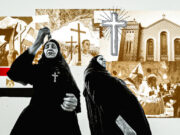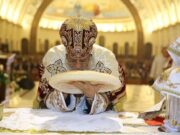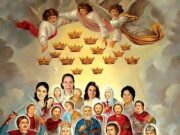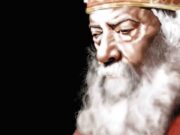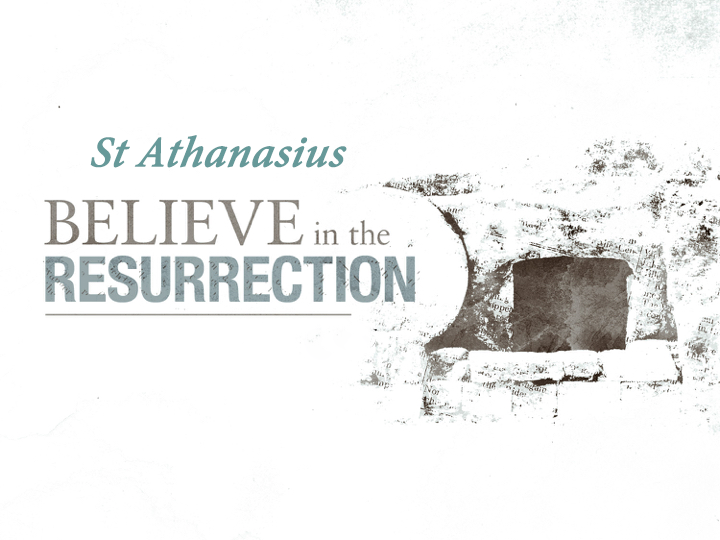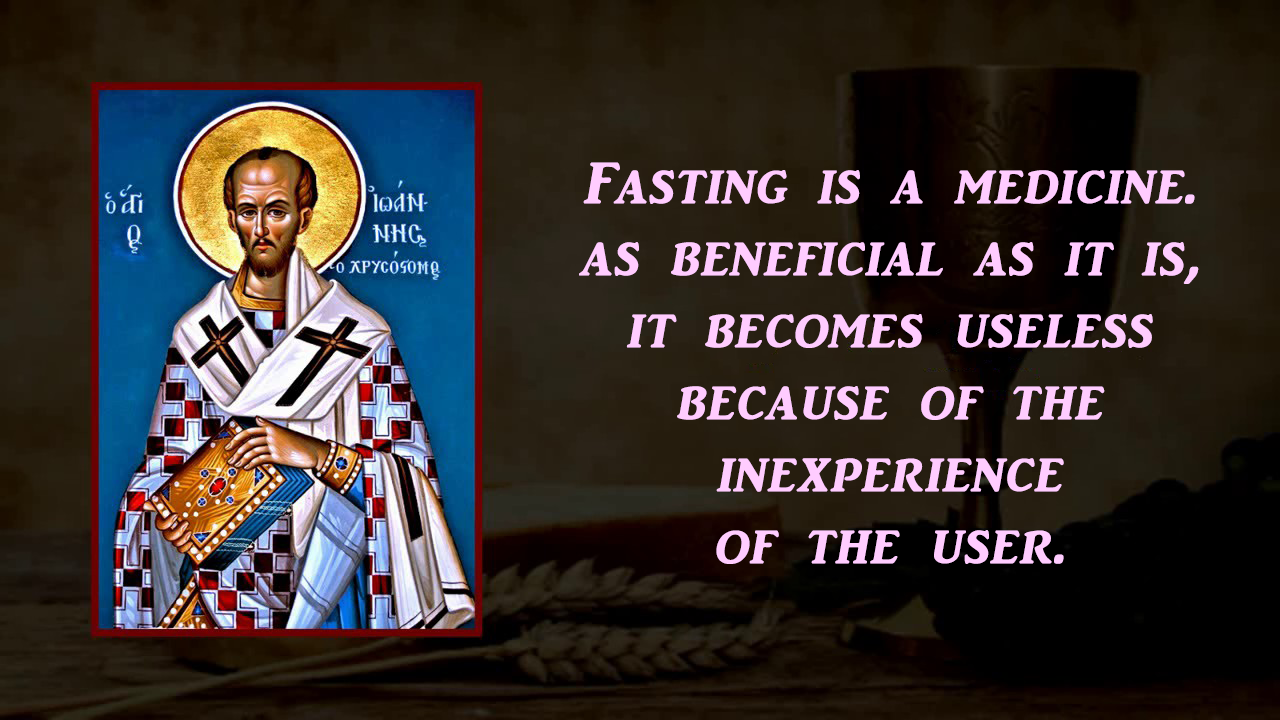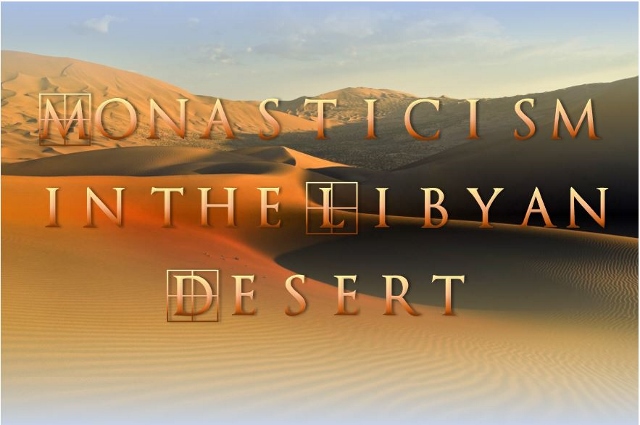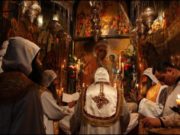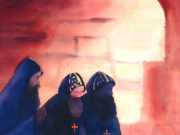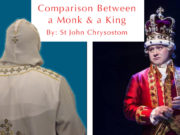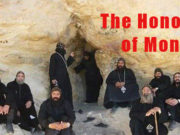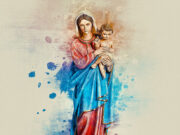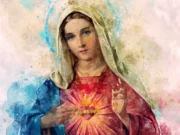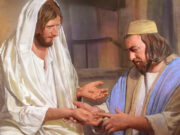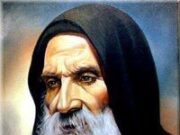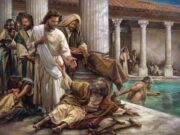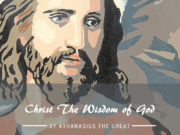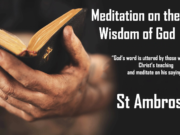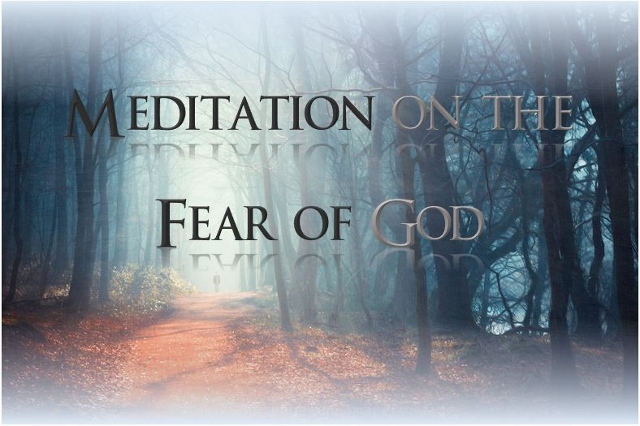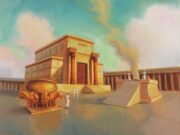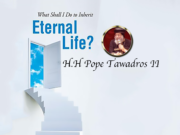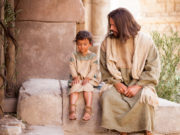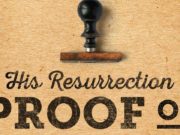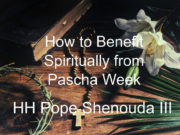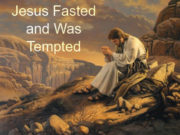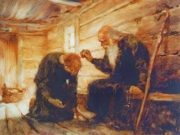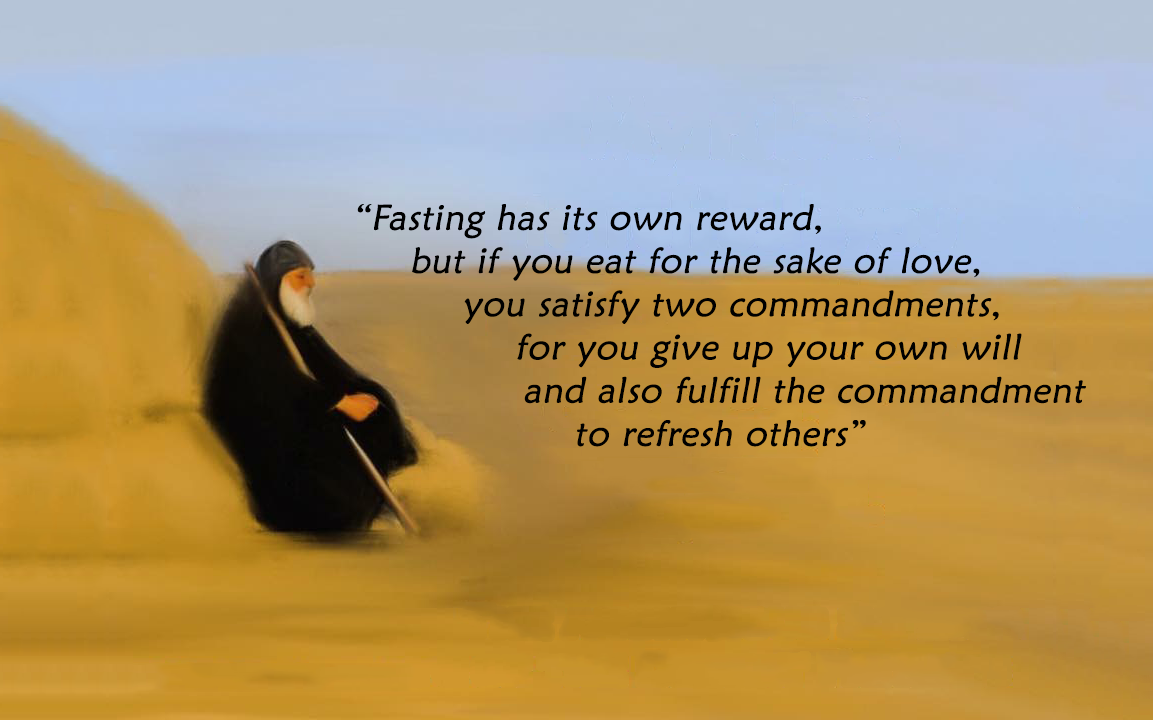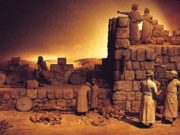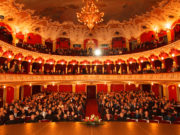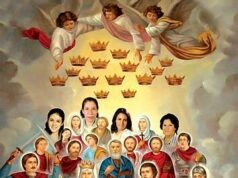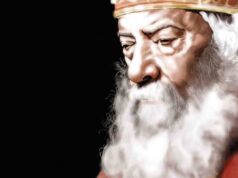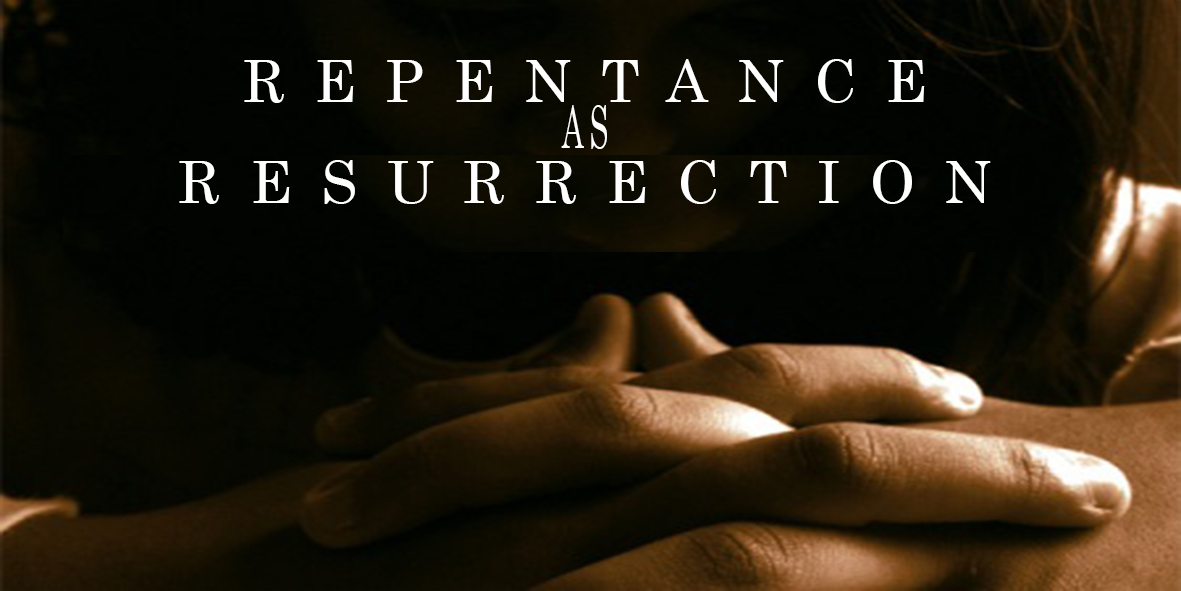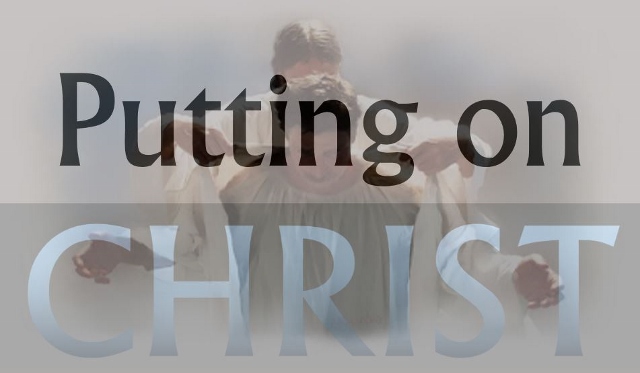
 All the works, visibly done in this world, are done out of a certain hope of enjoying one’s labors and unless anyone is fully convinced that he will profit from his labors, he would see no advantage in doing them. For the farmer sows seeds in the hope of fruit and he undergoes toils on account of what he expects to receive. St. Paul says: “In hope he who plows ought to plow. And who has taken a wife does so in the hope of having offspring” (1 Cor 9:10). A merchant also exposes himself to the perils of the sea and to most imminent death, all for the sake of profit. So also in the Kingdom of Heaven in the hope of having the eyes of his heart illumined, a person gives himself up to seek the kingdom, putting aside all worldly pursuits, intent on prayers and supplications. He awaits the Lord’s coming to manifest Himself to him and cleanse him from sin that indwells him.
All the works, visibly done in this world, are done out of a certain hope of enjoying one’s labors and unless anyone is fully convinced that he will profit from his labors, he would see no advantage in doing them. For the farmer sows seeds in the hope of fruit and he undergoes toils on account of what he expects to receive. St. Paul says: “In hope he who plows ought to plow. And who has taken a wife does so in the hope of having offspring” (1 Cor 9:10). A merchant also exposes himself to the perils of the sea and to most imminent death, all for the sake of profit. So also in the Kingdom of Heaven in the hope of having the eyes of his heart illumined, a person gives himself up to seek the kingdom, putting aside all worldly pursuits, intent on prayers and supplications. He awaits the Lord’s coming to manifest Himself to him and cleanse him from sin that indwells him.
He does not rely solely on his own labors and style of life until he obtains the things he hopes for, until the Lord comes and dwells in him in the full experience and the working of the Spirit. When he has tasted the goodness of the Lord and delighted in the fruits of the Spirit and the veil of darkness has been lifted and the light of Christ shines with splendor and brings about in him an unspeakable joy, then he will be completely satisfied in having with him the Lord in much love, as in the example of the merchant rejoicing when he makes a profit. Nonetheless, he undergoes many afflictions and he fears the thieving spirits of iniquity lest, becoming negligent, he may lose the fruit of his work before he obtain the heavenly kingdom, the Heavenly Jerusalem.
Let us, therefore, beg also of God that He would put on us, who have shed the old man, the heavenly Christ, even now, so that established in great joy and thus led by Him, we may be granted the greatest tranquility. For the Lord, who wishes to fill us with a taste of the kingdom, says: “Without me you can do nothing” (Jn 15:5). And still, by using the Apostles, he knew how to enlighten many others. Even though they were creatures, they fed their fellow-servants. They taught them how to become a brother and a son of Christ to live in a more outstanding way than the rest of men, namely, they sanctified the very heart and mind, likewise the thoughts, so that men directed those to God. And thus God secretly bestows life and all their heartfelt needs and dedicates Himself to them. For when a person surrenders to God his secret possessions, that is, his mind and thoughts, not occupying himself with any other matter or thought or distraction, but subjecting himself to a certain constraint, then the Lord makes him a sharer in His mysteries, in holiness and great purity. He also gives Himself as heavenly food and spiritual drink.
Take the example of a man who has many possessions, servants, and children. He offers one kind of food to his servants, another kind to his children, born of his own seed, because the children are the heir of the father and they eat with him, namely, they are like to their father. So also Christ is that true Lord who has created all things and nourishes the evil and ungrateful. But he has begotten children, born of his own seed whom he has made participators of his grace. In them the Lord is formed and He nourishes them with a special refreshment, nourishment, food and drink that He does not give to other men. He also gives Himself to them who relate to him as to their very own father, as the Lord says: “Whoever eats of my flesh and drinks of my blood, he remains in Me and I in him and he will not see death” (Jn 6:56). Those who possess the true inheritance have been begotten as sons from the heavenly Father and they dwell in their Father’s house, as the Lord says: “The servant does not abide in the house, but the son abides forever” (In 8:3 5).


